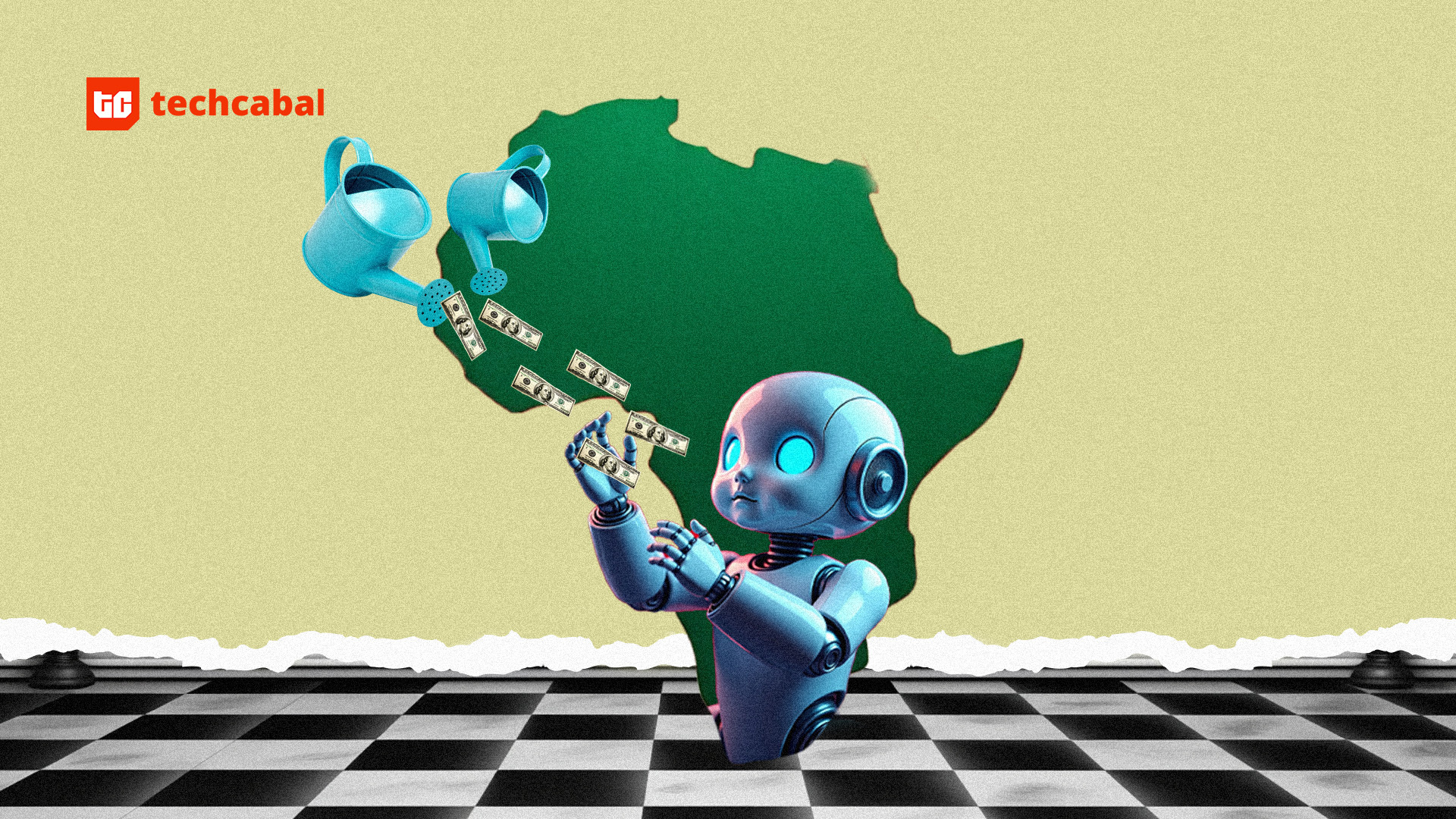AI's Billion-Dollar Backbone: Infrastructure Deals Fueling the Tech Boom

The rapid advancement of artificial intelligence has ignited an unprecedented global race to construct the foundational infrastructure necessary to power these sophisticated models. Nvidia CEO Jensen Huang projects an staggering $3 trillion to $4 trillion will be invested in AI infrastructure by the end of the decade, primarily driven by AI companies themselves. This immense expenditure is placing significant strain on global power grids and pushing the tech industry's construction capacity to its absolute limits, necessitating innovative solutions and partnerships.
A pivotal moment in this infrastructure boom was Microsoft's initial $1 billion investment in OpenAI in 2019. This deal not only cemented Microsoft as OpenAI's exclusive cloud provider, primarily through Azure credits, but also saw Microsoft's total investment burgeon to nearly $14 billion. This symbiotic relationship allowed Microsoft to boost Azure sales and provided OpenAI with crucial funding for its most substantial expense: model training. However, the dynamics have recently shifted, with OpenAI ending its exclusive reliance on Microsoft's cloud, granting Azure a right of first refusal but exploring other providers. Concurrently, Microsoft has begun evaluating alternative foundation models for its own AI products, signaling increasing independence from OpenAI.
The success of the Microsoft-OpenAI model has led to similar strategic alliances across the industry. Anthropic, another leading AI firm, secured an $8 billion investment from Amazon, engaging in kernel-level modifications to Amazon's hardware to optimize it for AI training. Google Cloud has also joined this trend, enlisting smaller AI companies like Lovable and Windsurf as "primary computing partners." Even OpenAI has diversified its funding, receiving a substantial $100 billion investment from Nvidia in September, aimed at acquiring more of the company's high-demand GPUs.
Oracle has emerged as a formidable force in the AI infrastructure landscape through monumental deals with OpenAI. In June 2025, Oracle disclosed a $30 billion cloud services agreement with an initially unnamed partner, later revealed to be OpenAI. This was followed by an even more staggering five-year, $300 billion deal for compute power, set to commence in 2027. These agreements have propelled Oracle into a leading position among AI infrastructure providers, transforming its financial standing and market perception, despite the speculative nature of such a large, long-term commitment.
For tech giants like Meta, which possess extensive legacy infrastructure, the challenge is equally complex and costly. Mark Zuckerberg has outlined Meta's plans to invest $600 billion in U.S. infrastructure through 2028, with the first half of 2025 alone seeing a $30 billion increase in spending, largely fueled by its ambitious AI initiatives. While some of this capital flows into major cloud contracts, such as a recent $10 billion deal with Google Cloud, a significant portion is dedicated to building massive new data centers. Noteworthy projects include Hyperion, a 2,250-acre site in Louisiana estimated to cost $10 billion and provide 5 gigawatts of compute power, with an innovative arrangement with a local nuclear power plant. A smaller facility, Prometheus, is scheduled to open in Ohio in 2026, powered by natural gas.
This unprecedented infrastructure buildout comes with substantial environmental implications. For instance, Elon Musk's xAI constructed a hybrid data center and power-generation plant in South Memphis, Tennessee, which has quickly become one of the county's largest emitters of smog-producing chemicals. Experts suggest that the natural gas turbines powering the plant may be in violation of the Clean Air Act, highlighting the critical need for sustainable energy solutions in AI development.
Adding to these colossal endeavors is the ambitious "Stargate" project, a joint venture announced by President Trump. This initiative, involving SoftBank (for funding), OpenAI, and Oracle (for buildout), with Trump overseeing regulatory clearance, aims to invest $500 billion in U.S. AI infrastructure. Despite initial skepticism, including doubts from Elon Musk regarding available funds and reports of partners struggling to reach consensus, the project is moving forward. Construction of eight data centers in Abilene, Texas, is underway, with the final building anticipated for completion by the end of 2026, marking it as one of the most significant AI infrastructure projects in history.
The global pursuit of AI dominance is thus manifesting in a frenetic and costly race to build the underlying computational and energy backbone. This dynamic environment is reshaping corporate partnerships, driving technological innovation, and presenting profound challenges related to resource management and environmental sustainability.
You may also like...
Legacy Continues: Football Royalty's Son Nets Stunning Screamer for Barcelona Youth

Shane Kluivert, son of Dutch football legend Patrick Kluivert, scored a spectacular 'screamer' for Barcelona's Under-19s...
WNBA Star's Terrifying Health Ordeal: Mitchell Reveals Rhabdomyolysis Left Her Paralyzed

Indiana Fever All-Star guard Kelsey Mitchell revealed she suffered from Rhabdomyolysis during a WNBA semifinal game, cau...
Warner Bros' Box Office Bubble Bursts, But Industry Shrugs: What Does It Mean?

Paul Thomas Anderson's "One Battle After Another" marks a different kind of success for Warner Bros., earning critical a...
DCU's Nightmare: Are Film Franchises Repeating MCU's Fatal Flaws?

The DCU's increasing interconnectivity, particularly in <i>Peacemaker</i> Season 2, is raising concerns about potential ...
Killer Mike's Fiery Apology: Wife's Outrage After GloRilla Comparison to Ayesha Curry!

Killer Mike has publicly apologized to Steph and Ayesha Curry for comments he made reacting to a TikTok video that ridic...
Rod Stewart's Candid Confession: Penny Lancaster Shares His Top Appearance Gripe

There is absolutely no rift between Penny and I and no disagreement over where we should reside, in fact it's the opposi...
Local Outcry: Cambuslang Jobcentre Closure Sparks Political Condemnation

South Lanarkshire Council has unanimously condemned the UK Government's decision to close the Cambuslang Jobcentre, citi...
Wunmi Adelusi's Life-Defining Moment: The Event That Still Echoes

Discover the profound and lasting impact of intentional meeting attendance beyond mere networking. This article explores...



